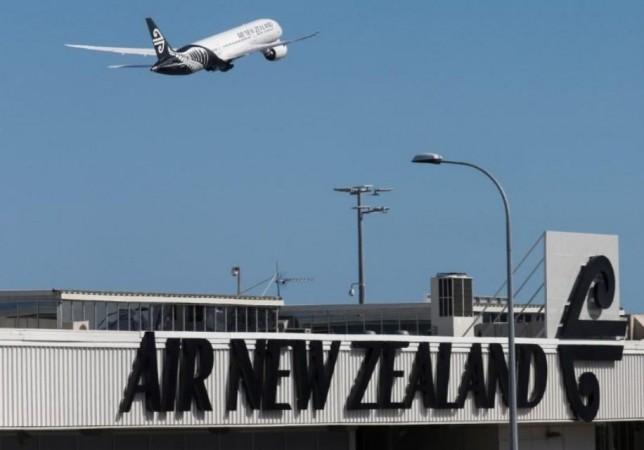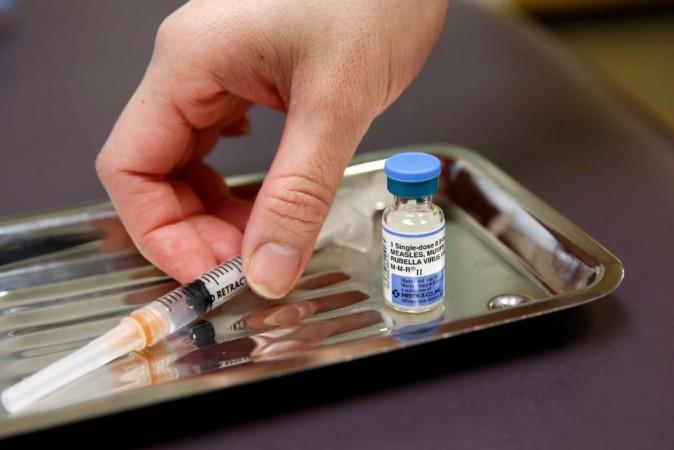
New Zealand health ministry in a statement asked travellers to get vaccinated against measles at least two weeks before travelling to the country as the country faces its worst measles outbreak in over 22 years.
"If you're thinking of travelling to Auckland, make sure you're vaccinated against measles at least two weeks before you go. The MMR (Measles, Mumps, and Rubella) vaccine is usually given to children at 15 months and at 4 years, but the Ministry of Health recommends children travelling to Auckland receive the vaccine from 12 months," said Health Julie Anne Genter.
Prime Minister Jacinda Ardern also called for vaccination against measles for those who have not been immunised.
According to government figures, 849 cases of measles were reported in the country this year, out of which, around 731 cases were reported to be in Auckland alone.
All 300 students of Manurewa High School were sent home and told to get immunised after 13 students contracted measles, reported New Zealand Herald.
The health department advised people, who have early symptoms of measles, to not travel. Those who have been in close contact with someone with the disease were also asked to get vaccination status before they travel.
The travel warning asked those who are sick to "reconsider travel arrangements, stay away from work, school and public places, to help prevent putting other people at risk".

Measles is a highly contagious viral disease and includes symptoms of fever, cough, runny nose and sore eyes. Young children are at the highest risk of measles-related complications, including death.
New Zealand had its last measles epidemic in the 1990s. Thousands of cases were registered and seven were reported dead.
The official statement by the New Zealand's health department state that "all cases of measles were linked to travellers bringing the disease from overseas" since 2012 while mentioning outbreaks in the Philippines and some European countries.
According to the World Health Organisation (WHO), an estimated 7 million people were affected by measles in 2016. The contagious disease is common in many developing countries, particularly in parts of Africa and Asia.
But in developed countries, such as the United States and Germany, vaccination is shunned based on religious reasons. Other common misconception, such as MMR causing autism, are also prevalent despite the claims being debunked in the 2003 WHO Weekly Epidemiological Record.
However, a teenage girl from New Zealand, who was suffering from measles, visited Disneyland and other places in North Carolina and prompted a heath warning from officials for possible infection.
The US Centers for Disease Control and Prevention record state more than 1,200 cases were reported across 30 states since October last year.

















